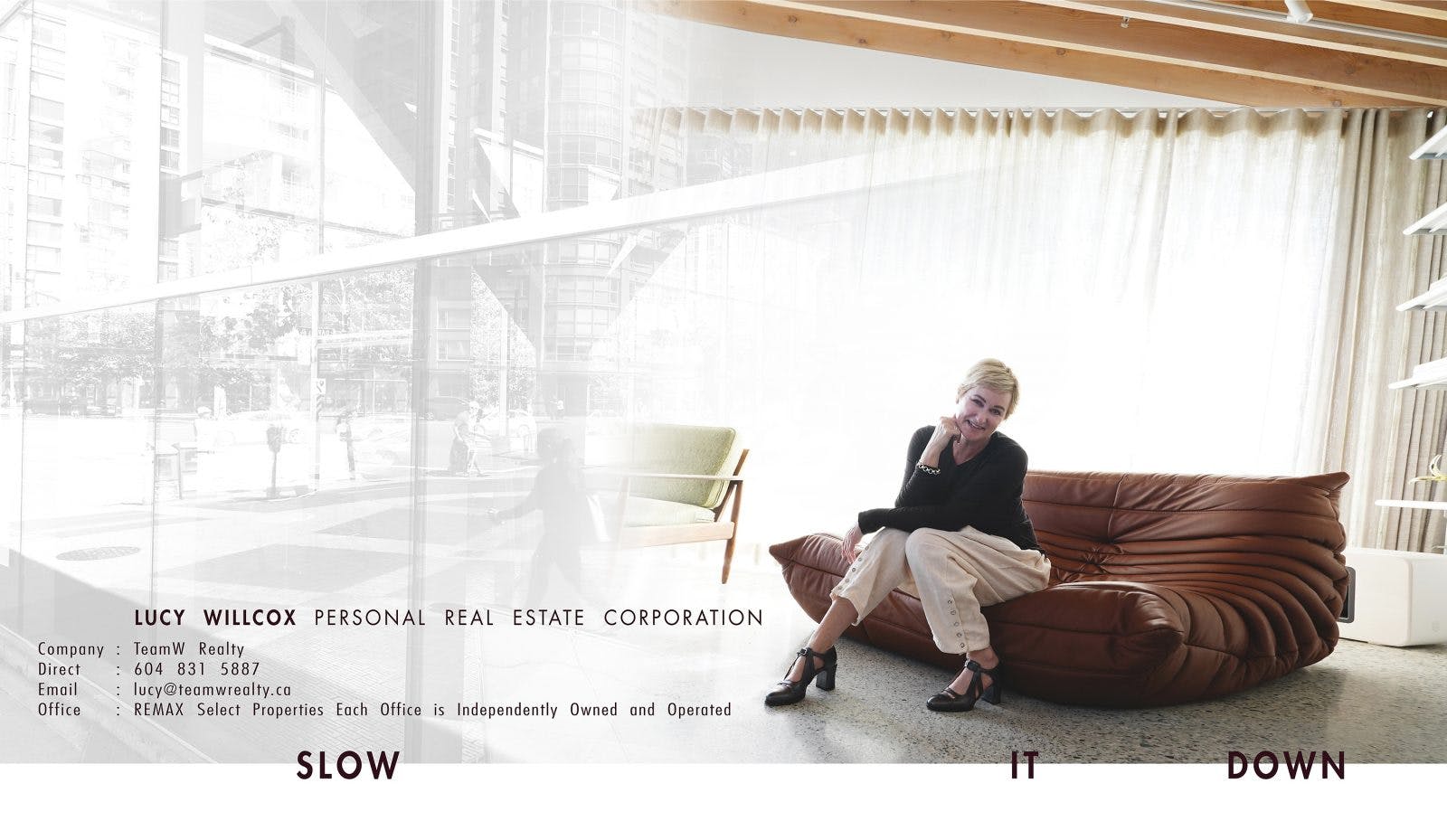The Guide to Investment:
Understand why you’re buying.
There are three main reasons why people invest in rental properties; owning property as an investment, generating a source of income, and speculating for a quick win.
If you’re a speculator, timing is everything. Catch the market in an upswing and you’ll likely make money. But stretch your finances to buy in, as the market peaks and you could lose. If your timing is off and you want out, you may not be able to sell quickly. It may take time and the right conditions to get a fair price.
On the other hand, being an investor can be a smarter way to benefit from owning Real Estate. If you’re in it for the long haul, you can take the time to do the research, find the right property in a prime neighbourhood, and generate income and capital appreciation over time.
Be financially ready to get in…and stay in.
Buying a rental property isn’t like shopping for a principal residence. Rental properties with one to four units require a minimum down payment of 20% to qualify for a CMHC insured mortgage. Rental homes are usually perceived as riskier by lenders, so don’t be surprised to encounter higher borrowing rates and stricter qualification rules. Don’t forget to add the usual expenses related to property purchase like appraisal costs and legal fees.
Ensure positive cash flow.
Once you have an idea of what you can afford to buy, it’s time to determine what income your rental property can produce. Local market conditions will largely dictate how much rent you can charge. In desirable areas like Metro Vancouver, the potential for regular rent increases gives your income a good chance of keeping up with inflation.
For each property you consider, calculate your expected cash flow. Start with the projected annual rental income, then deduct your expenses including borrowing costs, maintenance, property taxes and insurance. If you plan to cover utilities as part of the rent, add those too. In the end you’re looking for positive cash flow and a sufficient return relative to other investment options.
The good news is expenses you incur in renting out the property are generally deductible against your rental income. If you have a deficit (your expenses exceed your revenues), you can apply that loss against other income you have to reduce your overall tax bill.
Determine how hands-on you want to be.
Late rent, loud tenants, paperwork. At one time or another, they’re all part of a landlord’s life. How willing, or able, are you to take on these responsibilities? Hiring a property manager is an alternative to overseeing the property yourself, but their fees will cut into your profits. Before jumping into rental Real Estate think about how much your time and “sweat equity” are worth. You want to earn enough to make the extra effort worth your while.
Do your research to find a profitable rental property.
When shopping for a rental home, focus on what is the best chance of finding and owning a profitable investment. This is not about you per se, it is what is best for your pocket book. Look at economic factors. Is the community you’re considering adding people and jobs? A neighbourhood that’s on the rise has a better chance of commanding higher rents and seeing property values increase. How is the crime rate? Remember, you’re not necessarily looking for the cheapest property. That can mean less rent and indicate the area is on the decline. Take stock of infrastructure that would make the area attractive to renters. Easy access to transit, schools, shopping and recreation will make a difference. Certain neighbourhoods may have unique issues that warrant attention. For example, a university nearby could translate into a high concentration of student renters for the area. You may have trouble keeping your property occupied year-around. If you’re planning to manage the property yourself, can you get to it easily? How long will it take to drive there during rush hour or in winter snow to deal with an emergency? Consider the physical condition of the property you’re evaluating, with a few updates can you enhance a home’s appeal and increase the rent cost-effectively. Be open to making more significant changes that can pay off in the long run. You’ll typically earn more total rental income from a single-family home that’s been split into independent living spaces, like a bungalow with a main floor and basement suite rented separately.
In many ways putting your money to work in Real Estate is similar to the other investment opportunities. To be successful you need to do your research, set an appropriate investment horizon, determine how much risk you’re willing to take, and understand the costs involved.
Investing in Real Estate can be lucrative. It’s about preparation.




